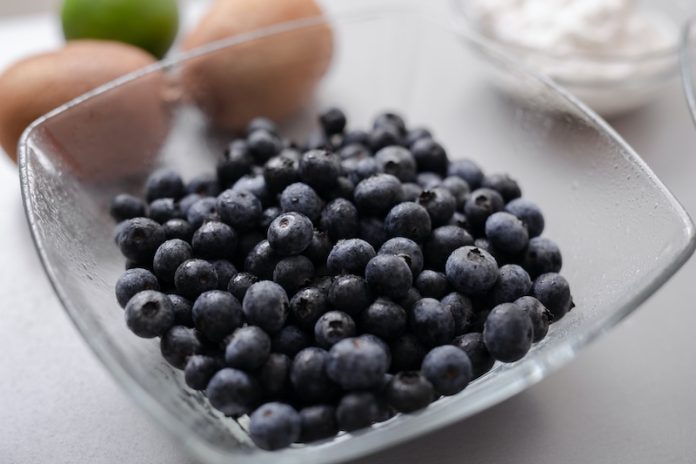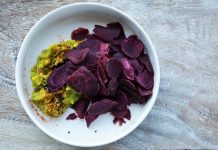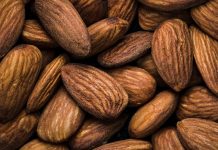
Cholesterol, a waxy substance found in your blood, is essential for building healthy cells. However, high levels of bad cholesterol (LDL) can lead to heart disease and stroke.
While the body needs cholesterol, the key is maintaining the right balance between the ‘good’ (HDL) and ‘bad’ cholesterol.
The Role of Diet in Cholesterol Management
Your daily diet plays a crucial role in managing cholesterol levels. Certain foods can help lower bad cholesterol and improve overall heart health.
Here’s a guide to understanding how diet impacts cholesterol and the foods that can help keep it in check.
Foods That Help Lower Cholesterol
Whole Grains for Heart Health: Whole grains like oats, barley, and whole wheat contain soluble fiber, which reduces the absorption of cholesterol in your bloodstream. Oatmeal, for example, contains beta-glucan, a type of soluble fiber that aids in lowering LDL cholesterol.
Fruits and Vegetables: Loaded with dietary fiber, fruits and vegetables can help lower cholesterol. Berries, apples, pears, and citrus fruits are particularly beneficial.
Nuts and Seeds: Almonds, walnuts, flaxseeds, and chia seeds are not only rich in nutrients but also have high levels of omega-3 fatty acids, which are good for the heart.
Fatty Fish: Fish like salmon, mackerel, and sardines are high in omega-3 fatty acids, which can reduce triglycerides in the bloodstream and lower blood pressure.
Legumes: Beans, lentils, and peas are great sources of soluble fiber, protein, and minerals, making them excellent for lowering LDL cholesterol.
Avocado and Olive Oil: These contain monounsaturated fats, which can reduce bad cholesterol levels and provide beneficial antioxidants.
Foods to Limit or Avoid
Saturated Fats: Found in red meat and full-fat dairy products, these can raise your bad cholesterol levels.
Trans Fats: Often present in margarines and store-bought cookies, crackers, and cakes, trans fats can increase overall cholesterol levels.
Cholesterol-Rich Foods: While dietary cholesterol’s impact on blood cholesterol is less than previously thought, it’s still wise to limit high-cholesterol foods like egg yolks and shrimp.
Research Evidence
Studies have consistently shown the benefits of a diet rich in fruits, vegetables, whole grains, and healthy fats in managing cholesterol levels.
For instance, a study published in the American Journal of Clinical Nutrition found that a diet high in fruits and vegetables significantly reduced LDL cholesterol levels.
Another study, published in the Journal of Nutrition, showed that consuming almonds regularly could reduce bad cholesterol levels by up to 10%.
Practical Tips for a Cholesterol-Friendly Diet
- Start your day with a bowl of oatmeal topped with fruits and nuts.
- Snack on a handful of almonds or walnuts instead of chips or cookies.
- Incorporate more fish into your meals, aiming for at least two servings of fatty fish per week.
- Use olive oil for cooking instead of butter or other fats.
- Increase your intake of fruits and vegetables, aiming for at least five servings per day.
Conclusion: A Balanced Approach to Eating
Maintaining healthy cholesterol levels is not just about eliminating certain foods but rather focusing on a balanced, nutritious diet.
By incorporating cholesterol-lowering foods and reducing the intake of unhealthy fats, you can effectively manage your cholesterol levels and improve your overall heart health.
Remember, it’s not about strict dietary limitations but rather making smarter food choices for a healthier life.
Follow us on Twitter for more articles about this topic.
Copyright © 2023 Scientific Diet. All rights reserved.








